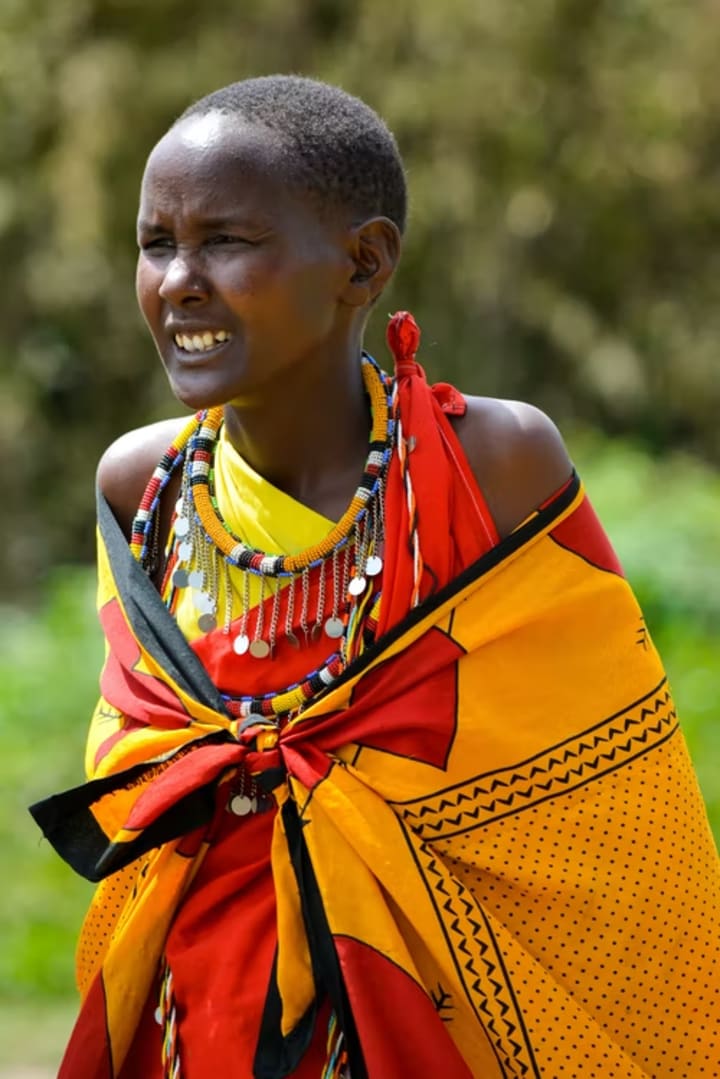Education, The Powerful Emancipator
"I Did Not Clip Her Wings" - Ziauddin Yousafzai

Equal opportunities for education have been an echoing cry for centuries. The early history of the United States is riddled with women and minorities seeking education at any cost. Mary Wollstonecraft, Abigail Adams, and Judith Sargent Murray are just a few of the remarkable women who helped pave the way for women's rights in the United States. Each of them was inspired to call for greater access to education. These women wrote about their struggles and their desires for education. The freedoms we share in America have not yet reached many developing countries and the freedom to obtain knowledge is limited to a chosen few. Laws in many countries regarding the education of women have mandated harsh punishment for those who disobey. Through the efforts of courageous women paving the path to change, young women and girls are receiving an education and have been liberated from the heavily patriarchal societies in which they live.
Ziauddin Yousafzai, an educator in Pakistani, presented the TED Talk "My Daughter, Malala," sharing the experiences of his family when his daughter, Malala, pursued an education. He shared this experience to show that women and men deserve equal opportunities for education. The educational pursuits of his daughter ultimately resulted in the shooting of his daughter, by the Taliban in 2012. When Malala began her education, the citizens of Pakistani had been working towards additional women's rights which would allow women to participate in political, economic, and social activities. While in pursuit of these freedoms, Talibanization brought about major changes in Pakistani. Women were prohibited from any of these activities and laws were implemented requiring them to cover their heads and faces with veils. Domestic activities, such as grocery shopping, were limited and required a male family member as an escort. Female artists and musicians were punished harshly and many were executed. Freedom was replaced with oppression and fear. Speaking up for individual rights would most likely be rewarded with flogging or worse. Malala was not discouraged by the laws that imposed restrictions on female education. She was a strong advocate for education and spoke openly. She wanted to go to school and her father and mother supported her decision to continue her education. She was developing her own "independent identity" and "autonomy."

Yousafzai shares the idea that education can be used for emancipation - freeing the individual from the stereotypes and traditions of a society or culture. Yousafzai states:
I used to appreciate the intelligence and the brilliance of my daughter. I encouraged her to sit with me when my friends used to come. I encouraged her to go with me to different meetings. And all these good values, I tried to inculcate in her personality. And this was not only she, only Malala. I imparted all these good values to my school, girl students, and boy students as well. I used education for emancipation. I taught my girls, I taught my girl students, to unlearn the lesson of obedience. I taught my boy students to unlearn the lesson of so-called pseudo-honor.
It is interesting that this is not a new idea. Judith Sargent Murray, presented this same idea in her essay, "On the Equality of the Sexes." Like Malala, Murray's father had taken an enlightened view of his daughter's education. Murray was not permitted to attend college due to her sex. She received her education by studying alongside her brother with a tutor as he prepared for admission to Harvard. In 1779 Murray wrote her essay "On the Equality of the Sexes" which was later published in 1790. In this essay, she insisted that women had as much right as men to exercise all their talents and should be allowed equal education opportunities to enable them to do so. She pointed out that the women's perceived mental inferiority to men was due to the fact that the female gender was denied "the opportunity of acquiring knowledge." And the "idea of the incapability of women," she declared, was "totally inadmissible in this enlightened age."

Kakenya Ntaiya, an educator and activist, shares her experience in pursuing an education in her TED Talk "A Girl Who Demanded School." Ntaiya describes how she refused to follow the traditional path of young girls born in her Maasai village and the bargains she had to make to obtain the education she desired. Like so many girls from her village, Ntaiya was engaged to be married at the age of five. Prior to being wed, she would be expected to participate in a female circumcision ceremony. This would occur to celebrate her advancement into womanhood. She didn't want to get married. She wanted to continue to attend school. So she bargained with her father, stating: "I will only go through the ceremony if you let me go back to school." She explains:
The reason why, if I ran away, my father will have a stigma, people will be calling him the father of that girl who didn't go through the ceremony. It was a shameful thing for him to carry the rest of his life.
Ntaiya's father agreed to the bargain, the ceremony happened, and she returned to high school.
High school was not the end for Kakenya Ntaiya, who attended Randolph-Macon Women's College in Virginia, after negotiating with the village elders to permit her to leave her village and attend college. When she returned to her village she went to the elders of her village to build a school for girls. This boarding school for girls opened with 32 students and has grown since. Remarkable changes have occurred in this small village of Kenya as described by Ntaiya:
As a new dawn is happening in my school, a new beginning is happening. As we speak right now, 125 girls will never be mutilated. One hundred twenty-five girls will not be married when they're 12 years old. One hundred twenty-five girls are creating and achieving their dreams. This is the thing that we are doing, giving them opportunities where they can rise. As we speak right now, women are not being beaten because of the revolutions we've started in our community.
Judith Sargent Murray's passion for education is a familiar melody that plays across the globe. We study history so that we won't continue to make the same mistakes and so that we will learn to be better citizens in our communities. Our communities need to expand and grow to include the world, abolishing discrimination and infringements of human rights.
References:
Foner, Eric. Give Me Liberty!: An American History. Vol. 1. New York: W.W. Norton, 2014. Print.
Ntaiya, Kakenya. "A Girl Who Demanded School." TED: Ideas Worth Spreading. N.p.,n.d. Wed. 27 Apr. 2018.
Yousafzai, Ziauddin. "Transcript of 'My Daughter, Malala'." TED: Ideas Worth Spreading. N.p.,n.d. Web. 27 Apr. 2018.
About the Creator
Rebecca A Hyde Gonzales
I started writing when I was about eight years old. I love to read and I also love to create. As a writer and an artist, I want to share the things that I have learned and experienced. Genres: Fiction, non-fiction, poetry, and history.
Enjoyed the story? Support the Creator.
Subscribe for free to receive all their stories in your feed. You could also pledge your support or give them a one-off tip, letting them know you appreciate their work.






Comments
There are no comments for this story
Be the first to respond and start the conversation.